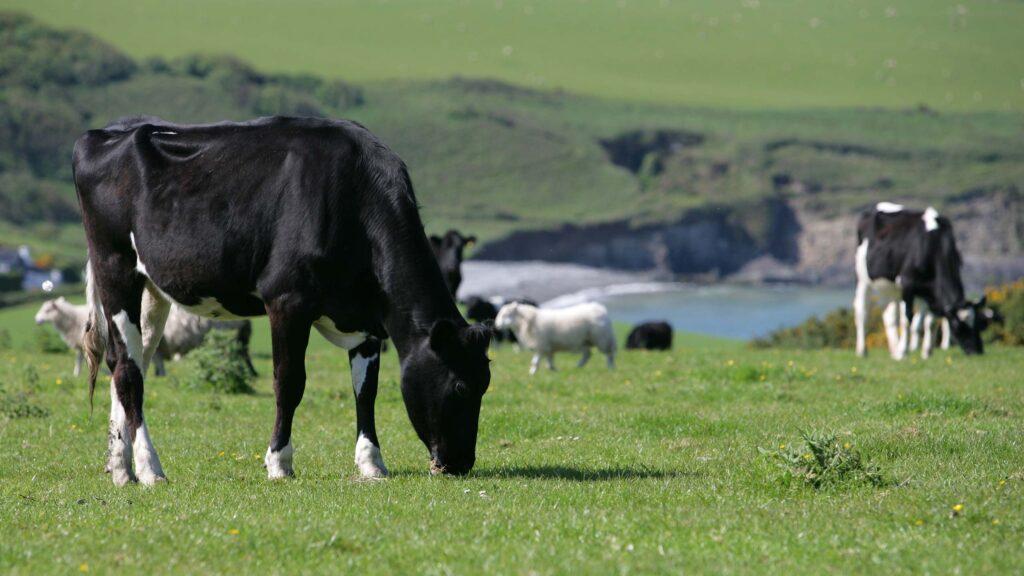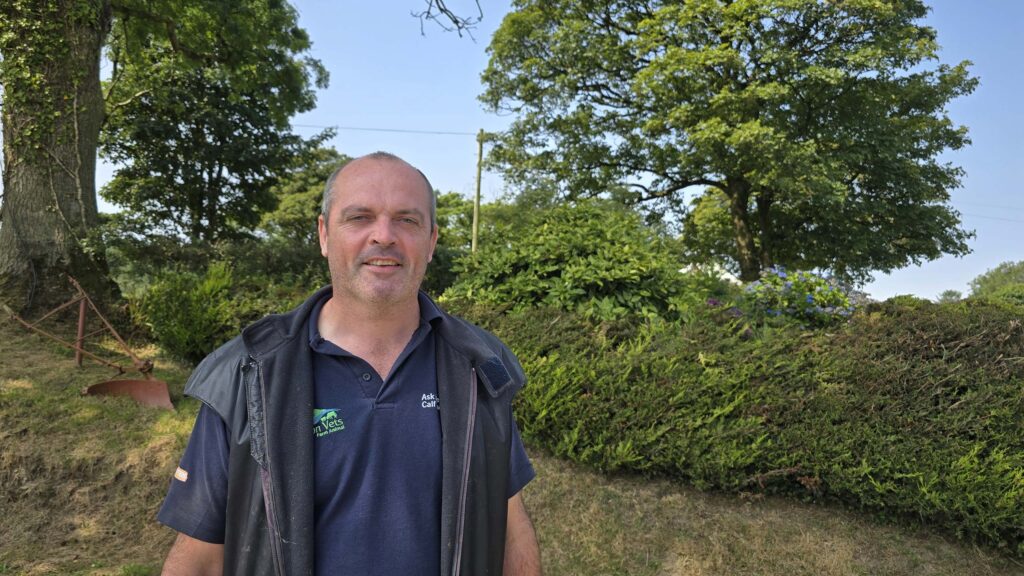Vet calls for changes as bovine TB cases rise in Wales
 © Adobe Stock
© Adobe Stock A Pembrokeshire vet has criticised the current bovine TB eradication measures in Wales, saying the top-down approach, including enhanced measures, are failing the industry.
Dr Mike John, of Fenton Vets, said the problem was that bovine TB was being treated like an exotic disease, when in fact it was endemic.
He argues that different measures are needed to eradicate the disease from herds across the country.
In the 12 months to March 2025, Wales witnessed a surge in TB cattle incidents, with 13,174 cattle slaughtered due to bovine TB, marking a 17.7% increase from the previous year.
See also: Pembrokeshire farmers come together to tackle TB
Herd incidence also rose to 7.1, an increase of 0.2 on the previous 12 months.
“Over eight years ago the Welsh government came up with a refreshed TB policy, including enhanced measures for herds, which has only served to drive cattle out of areas where they should be, and it doesn’t solve the problem,” said Dr John.
Unless the way TB was controlled changed and a refreshed approach was brought in, the Welsh government wouldn’t eradicate the disease, he said.

Dr Mike John © MAG/Anne Dunn
“There are dozens of examples throughout the county where farms have been totally hamstrung, and I don’t see that changing unless there is a truly refreshed approach to TB control rather than just tightening the screw on farmers and their cattle,” he told Farmers Weekly.
Pembrokeshire Project
An alternative to enhanced measures, Dr John argues, is rolling out the Pembrokeshire Project across Wales.
The Welsh government-funded project aims to facilitate collaborative working between vets and farmers and empowers local, informed decision-making and leadership in disease control.
It currently works with 15 farms in Pembrokeshire and was also rolled out in North Wales in March.
It uses data analysis from existing TB skin test results to identify high-risk animals, facilitates voluntary culling of high-risk animals, and implements enhanced biosecurity on farms.
“The current system isn’t working,” Dr John argued.
“We need farmers to work with their vets, look at their historic TB data, cull cows in a way that controls the disease and keeps the farm sustainable by acting on risk register data in a voluntary way.”
Industry support
Farming unions in Wales have voiced support for a shift in policy as concerns over stagnation increase.
NFU Cymru deputy president Abi Reader said: “We appreciate the need for patience in allowing the Welsh government’s new bTB governance structure time to do its job, but the scale and pace of progress needed cannot be overstated.”
She said NFU Cymru was very supportive of the Pembrokeshire Project and believed there were already important lessons to be learned around giving greater autonomy to farmers and their own private vets in managing the disease.
The Farmers’ Union of Wales (FUW) added that with the percentage of TB-free herds in Wales remaining consistent at approximately 95% over the past 10 years, it was clear progress had stalled on the Welsh government’s target of achieving a TB-free Wales by 2041.
FUW head of policy Gareth Parry said: “An investigation into the limitations of the current Bovine TB Eradication Programme is urgently required to identify the reasons behind the obvious lack of progression in disease eradication to date, and the independent work of the technical advisory group is central to this.”
Welsh government response
The Welsh government maintains that it recognises the impact bovine TB has had.
“We’ve listened to the concerns raised over different aspects of bovine TB and will continue to work in partnership with the industry, as set out in our five-year delivery plan,” a spokesman said.
This includes the work of the technical advisory group and the farmer-led TB Programme Board, which, it says, have already provided their expert and independent advice on specific topics, leading to changes, including the inconclusive reactor policies announced in May.
“The technical advisory group will also consider cattle testing later this year, including the role of blood tests,” the spokesman added.
